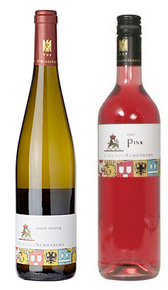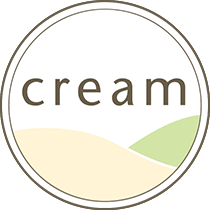| « Previous | News | Next » |
August 04, 2014
Calling Germanophiles
On the heels of their World Cup win, fans of Germany also currently find themselves knee-deep in the Summer of Riesling, the seventh annual ad hoc festival where restaurants across the country vow to serve great Riesling all season long. And the destination for great German Riesling is the Schloss Schönborn estate in the Rheingau. These stalwart producers have been cultivating the vine for some 665 years (going back to the Crusades!). They are the oldest estate in Germany—and one of the oldest in the world—with roots in the same family for 27 generations. With all this time on their hands, they’ve been able to find the best parcels for growing vines in the region—they own 38 exceptional single-vineyard estates in the Rheingau, along the slopes bordering the Rhine River. They’ve developed stringent standards for quality, and were, in fact, founding members of the Association of German Quality Wine Estates (VDP). They’ve perfected the art of vintifying, and each bottle encapsulates centuries of experience.

Their 2012 entry-level Estate Riesling is a bright number that walks the tightrope between strength and finesse. It’s bone dry, with zippy, sprightly acid that buoys the aromatics. A touch of petrol gives way to minerality, and then notes of golden apple and lemon bar. The wine is focused, but giddy. The fruit is sourced from several estate-owned vineyards, so the Schloss Schönborn quality control is in effect at every stage in field and cellar.
The 2013 ‘Pink’ Pinot Noir Rose is a festive cotton candy pink, and drinks like a summer carnival in a glass. The nose exudes watermelon, strawberry, and raspberry, with more serious notes of minerality to add balance. This is the glass you want in your hand at the next street fair, preferably with a Chicago dog in the other.
Both of these wines capture the dynamic of playfulness and tension that characterizes the best German bottles. They are drinking incredibly fresh, with bounding aromatics. With incredibly low yields, meticulous winemaking, and centuries of wine savvy behind these wines, you’d expect them to be twice the price. But these entry level offerings are as affordable as they are delicious.
